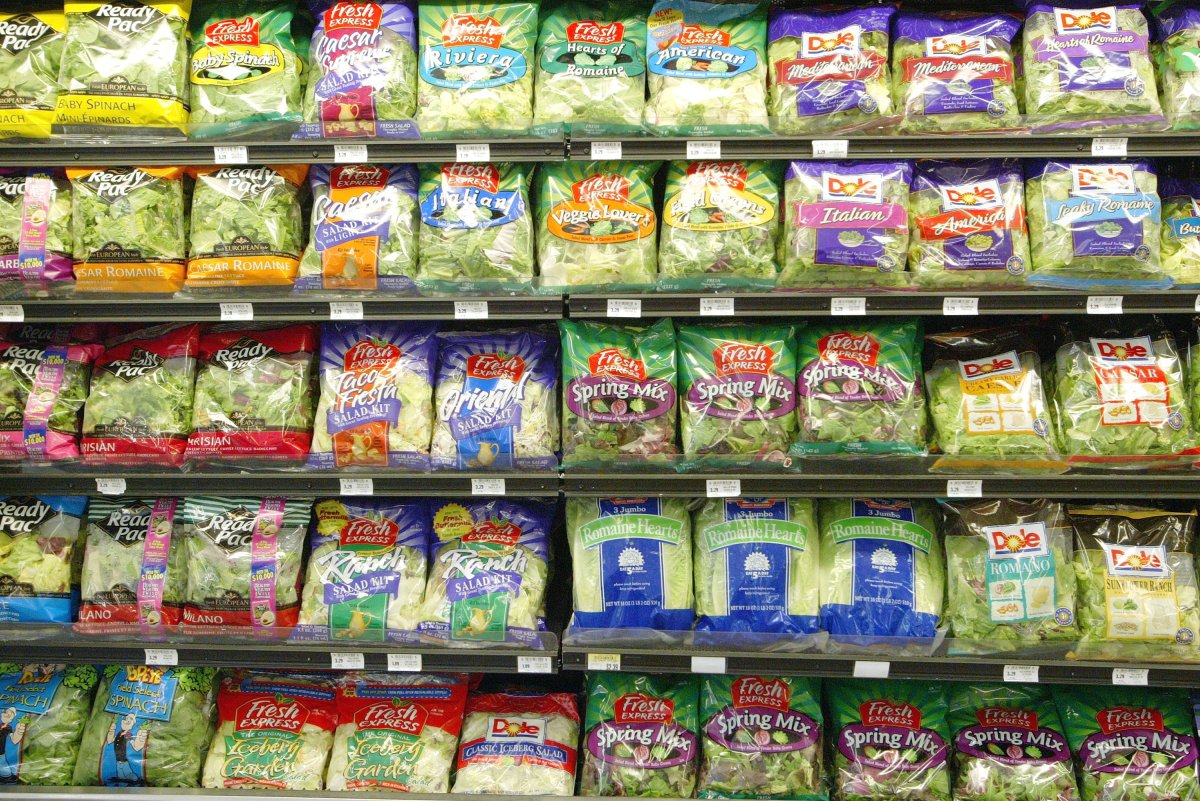Canada’s food safety system is under-funded, overly opaque and unequal to the task of policing an increasingly complex sustenance supply chain, opposition politicians said Monday.

A Global News story delineated gaps in Canadian food safety, including shortcomings in tracking outbreaks of foodborne illness and a lack of transparency when it comes to processing plant inspections. The Canadian Food Inspection Agency says it’s working on becoming more transparent, but must balance consumers’ right to know how safe their food is with companies’ right to privacy, vice-president Paul Mayer said Monday.
“The agency is embarked on a focus on how the transparency in the system can be improved while at the same time respecting the important privacy responsibilities enshrined in Canadian legislation,” he said.
The assertion that privacy legislation prevents the federal government from publishing safety inspections of food processing plants is “nonsense,” said NDP health critic Murray Rankin.
“It is outrageous. There is no excuse for it, whatsoever,” he said. “I do not accept any possibility that food inspection reports should be held back on any of the exceptions you’ve raised.
“Don’t I have a right to know this information, as a consumer?”
READ MORE: Whom do you trust with your food?
Liberal health critic Hedy Fry wants to see public grades for food processing plants depending on their inspection records — the same way similar score cards are published for restaurants and other commercial operations.
“This is about health. This is about putting people’s lives at risk and this is about chronic disease. … This is not where you cut corners,” she said.
“The public has a right to believe their tax dollars are going to making sure they have safe food.”
The Food Inspection Agency and the union representing its members have been at odds when it comes to the agency’s ability to do its job: The union says its members are so under-staffed and spread so thin they can’t do their job; the agency brass and the Health Minister say there are more than enough inspectors to allow the agency to do its job and adequately enforce food safety regulations.
“Our inspectors are encouraged to operate with courage, rigour and respect,” Mayer said. “There aren’t cuts to inspection frequencies, in general.”
(While it’s true that the number of field safety inspectors has risen since 2007, by 2014 the figure had dropped below its 2011 level.)
READ MORE: Are foodborne illnesses on the rise?
“How many examples does one need to note that this has to be taken more seriously, with more budget and more people than the government has chosen to deploy?”
Rankin also argues too much responsibility is left in the hands of food processors expected to self-report any contamination.
“You can have all the great laws in the world, but if you haven’t got people to enforce those laws on the ground … if you don’t have spot inspections, it doesn’t matter what the law says.”
Both Rankin and Fry slammed what they see as government stalling on the Safe Food for Canadians Act, which was passed in 2012 but still has no regulations to give the legislation teeth. The Food Inspection Agency says it’s still undertaking extensive consultations with industry and the public, and doesn’t know when the regulations will be published.
“We can fight world wars in the time it takes to get the regulations. It’s not rocket science,” Rankin said.
“It is absolutely unacceptable. They’re playing Russian roulette with the safety of Canadians.”
Fry doesn’t blame the nearly 80 per cent of respondents to an Ipsos poll conducted for Global News who say they’re concerned about the safety of the food they eat.
“Canadians should be concerned,” she said. “Canadians should be demanding this government assure them the food they’re eating is safe.
” … I think people should be very very loud in saying, ‘Categorize my food so I know what is safe and what is not safe.'”
IN DEPTH: Your Food





Comments